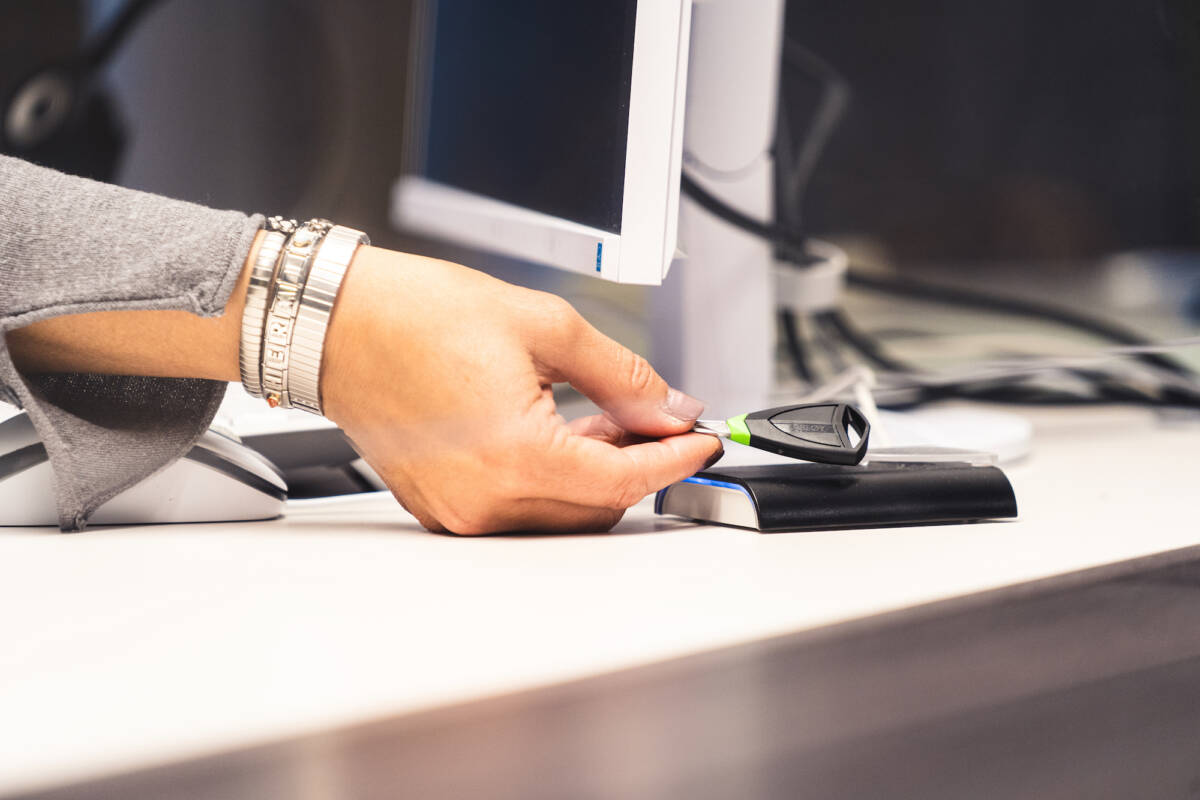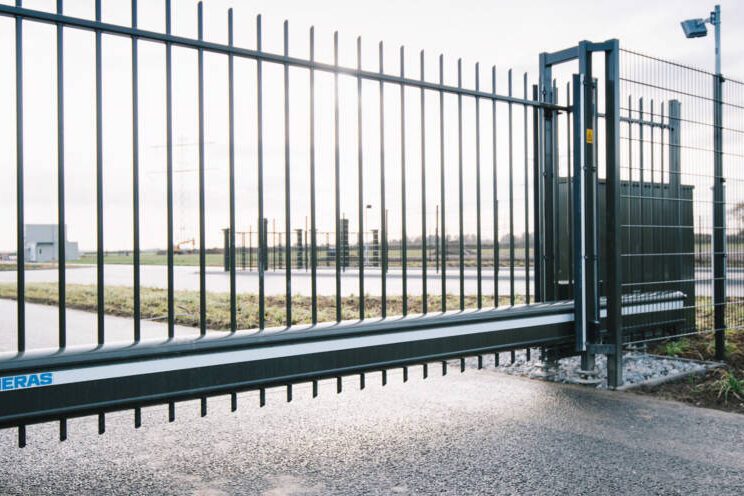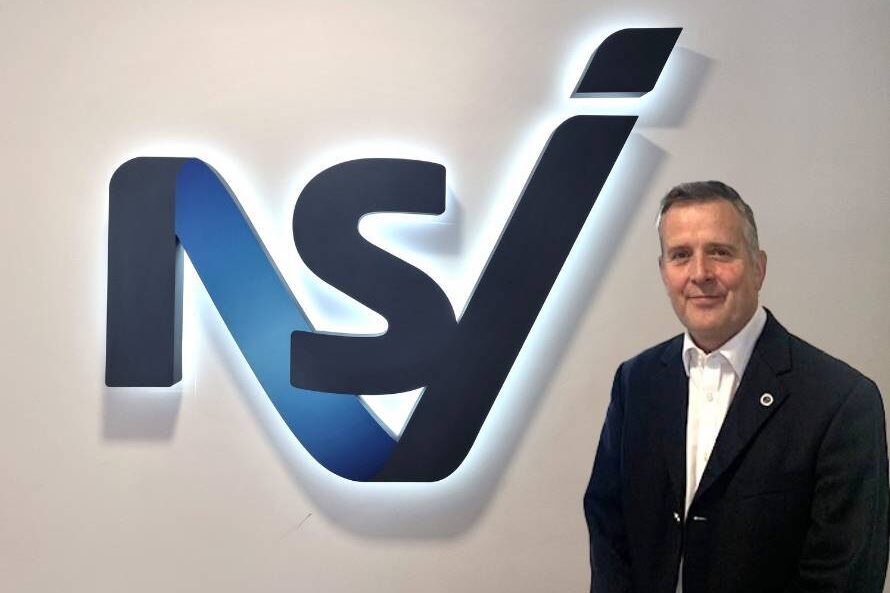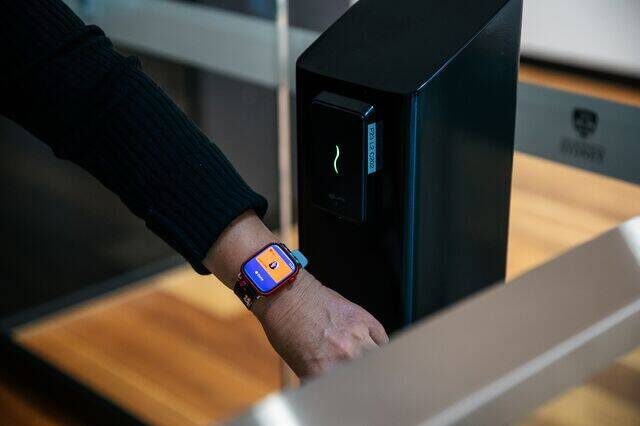
The West Midlands Police has released a new set of images of suspects captured on CCTV cameras during the riots in Birmingham on 8 and 9 August.
In total there are now 300 images of people the police believe are suspects in criminal activity on that day. Fifty-eight images have been removed and replaced with a notice saying “Arrested”.
There are also a number of video clips including a five minutes clip of rioters raiding an Armani shop.
The rogue’s gallery contains a plethora of suspects who have attempted to hide their faces beneath hoods and caps, as if that is going to prevent the police from identifying them. These people don’t seem to realise that their clothes, covered in logos and trademarks, plus body shape and physical mannerisms is enough to make them readily identifiable to anyone who knows them.
The key in making identifications is to circulate the images to as many people as possible who may know the suspect. A good place for the police to start is with fellow police officers who will already know many of the hardcore criminals involved in the rioting and looting.
After the police, images can be circulated to others who may know them including probation officers and council staff.
The next step for many police forces is to circulate the images among the public, either on a website or in some instances making a media appeal. West Midlands Police has skipped straight to this point in the process by issuing this major appeal, perhaps because of the sheer volume of identifications to be made but also to reassure the public that something is being done to bring the rioters and looters to justice.
As a PR exercise, it’s highly effective; as an investigative tool, the results can be hit and miss.
VIIDO statistics
CCTV Image, sister magazine to SecurityNewsDesk.com, has carried several articles about the Metropolitan Police Service’s image identification unit. Called Operation Javelin, this small unit works with Borough Operational Command Units (BOCUs) to identify suspects caught on CCTV.
In 2009, the unit catalogued around 9000 images from CCTV cameras and identified around 2000 suspects wanted in connection with serious criminal offences in London.
On that ratio, the West Midlands Police can expect to identify 50 suspects from their CCTV collection.
Face recognition comes out of the woodwork
The Holy Grail of identification is some kind of automatic facial recognition system whereby you feed CCTV footage in one end and out pops names and addresses of suspects.
Wouldn’t it be nice if it were so easy?
However, the quality of the images being generated by CCTV isn’t good enough for a machine to make an identification. That’s not to say a human can’t. Human’s have millions of years of evolution behind their “face recognition software” which, as it turns out, relies less on identifying the face and more on recognising the whole individual.
That’s why experienced image identifiers look at an image of the entire person (or as much as is visible) rather than just the face.
DCI Mick Neville of the MPS Circulation Unit – which makes upwards of 2000 idents a year from CCTV footage – advocates full body mugshots just for this purpose, as he told CCTV Image magazine.
Video analytics may find a use in doing an initial sort or classification of images but with current technology, that’s about as far as it’s going to go.
That doesn’t stop the media from latching on to the idea, especially when they are being fed a line by technology companies which are keen to promote their latest software.
Given the number of identifications to be made, it’s not very helpful to have companies raising unrealistic expectations.
There is simply no way around the fact that identifying the suspects of the riots will take time and money. There are, unfortunately, no shortcuts.









